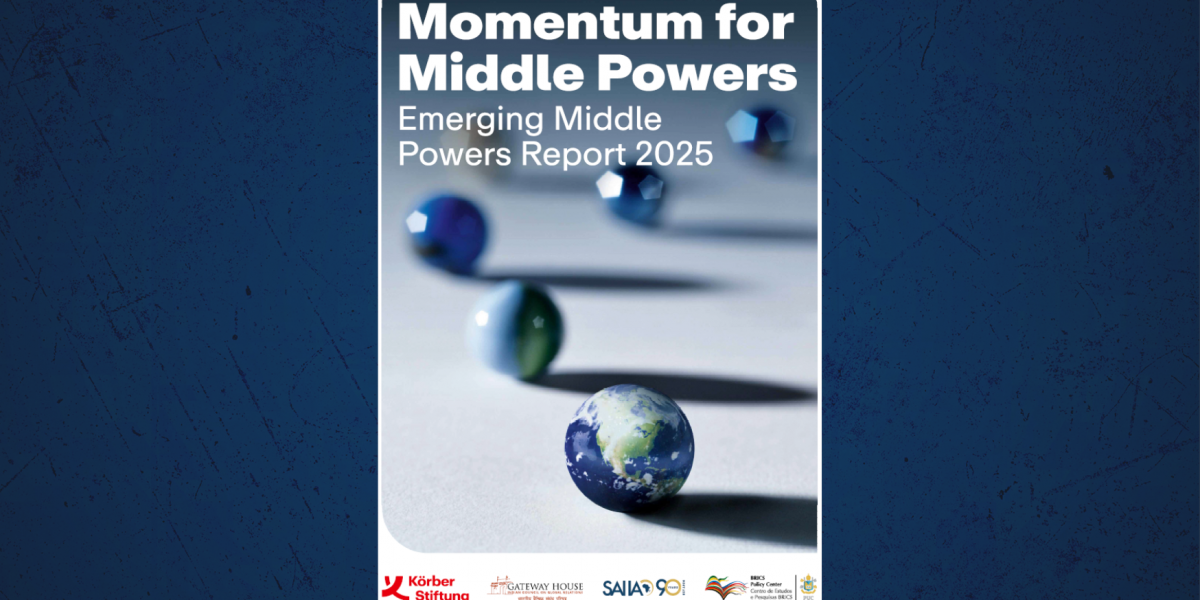IBSA has very different foreign policy priorities to Germany. For respondents in Brazil, India and South Africa, these were international trade, climate change, peace and security, regional integration and the reform of international institutions while Germany’s priorities focus on the war in Ukraine, European integration and its relationship with the US.
Encouragingly, respondents from all four countries agreed that environmental and climate issues were a shared priority.
IBSA and Germany United: Respondents from all four countries shared common views regarding the war in the Middle East with Brazil (94%), India (71%), South Africa (86%) and Germany (73%) agreeing that Israel must be held accountable for violating international law.
Collectively, promoting economic cooperation and growth, and balancing Western countries’ influence emerged as the main expectations of the BRICS expansion.
However, all four nations expressed pessimism about the likelihood of significant institutional reforms within the next five years at the International Monetary Fund, World Bank, World Trade Organization and UN.
IBSA and Germany Divided: Opposing views on China’s global influence were identified. In both Brazil (77%) and South Africa (77%), respondents were optimistic about China’s influence but Germany (85%) and India (66%) disagreed.
Recommendations for Germany and the West: The report highlighted several actions that middle powers like Brazil, India, Germany and South Africa can take to strengthen cooperation, including:
- Maximising engagement with platforms like ASEAN, the AU, the EU, the GCC and Mercosur to coordinate middle-power strategies as a counterweight to great-power dominance and competition.
- Establishing an informal platform for emerging middle powers to strategise on trade, security and diplomacy without aligning with great powers.
- Redefining non-alignment to fit today’s world of multi-alignment and strategic partnerships.
- Germany should build stronger ties with emerging middle powers based on these interests, not only by emphasising a values-based approach.
- Using multiple configurations and arrangements to advance multilateral agendas, working around existing dysfunctional and ineffective institutions and regimes, as is already happening in the case of the WTO.
This report is published by Körber-Stiftung and is available here.








